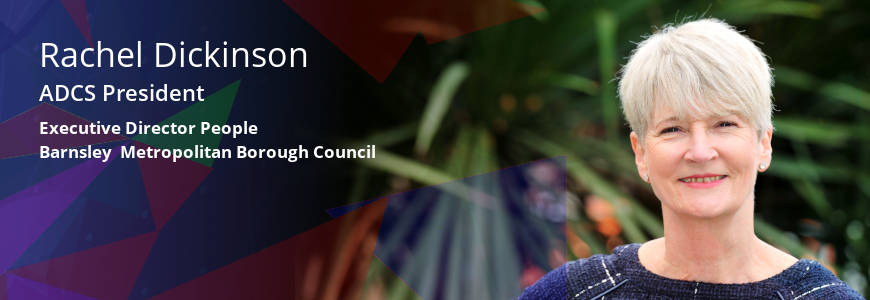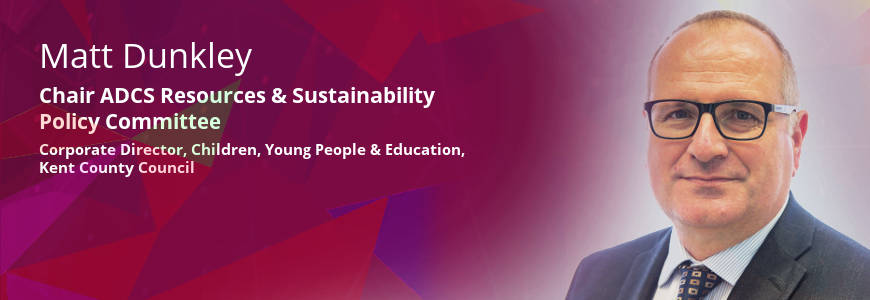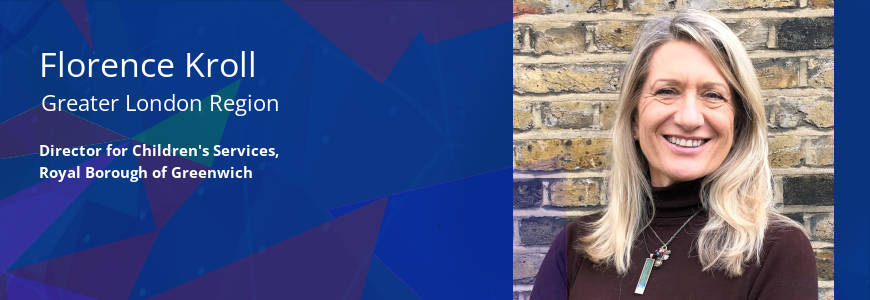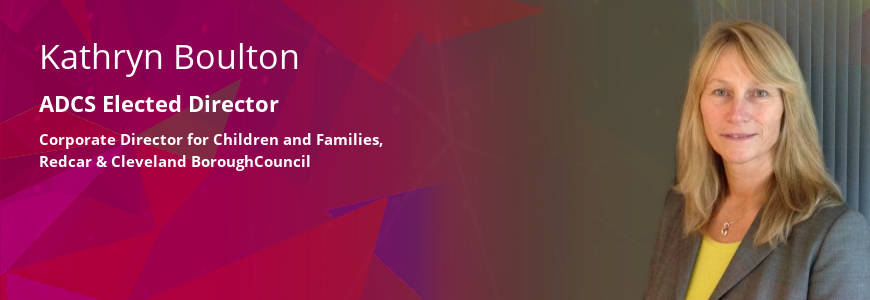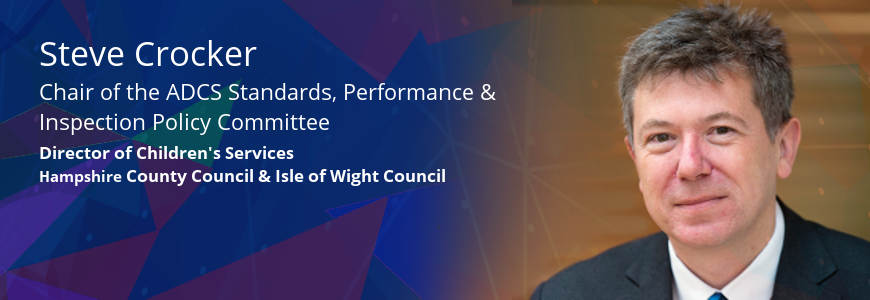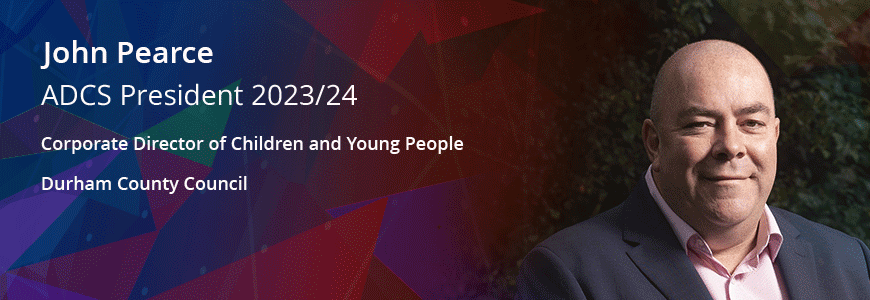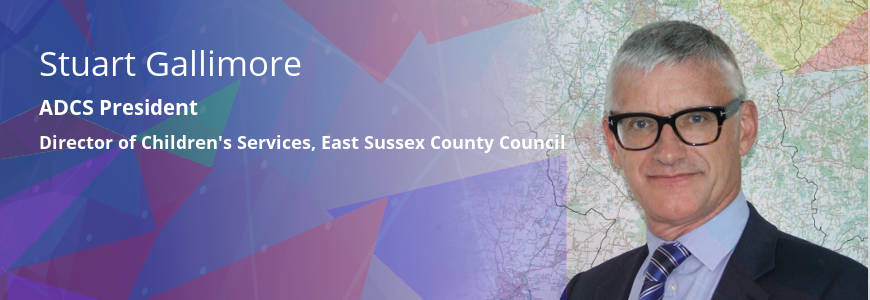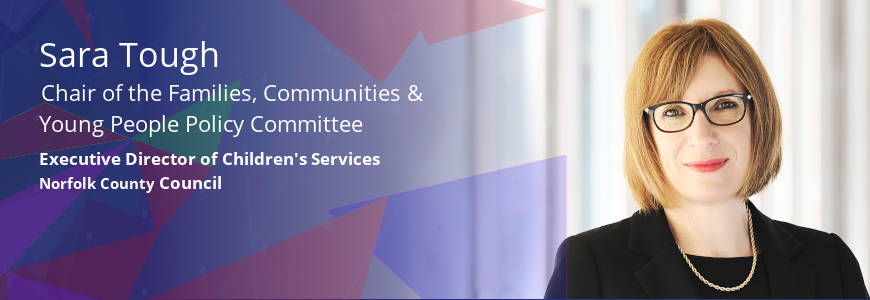A country that works for all children
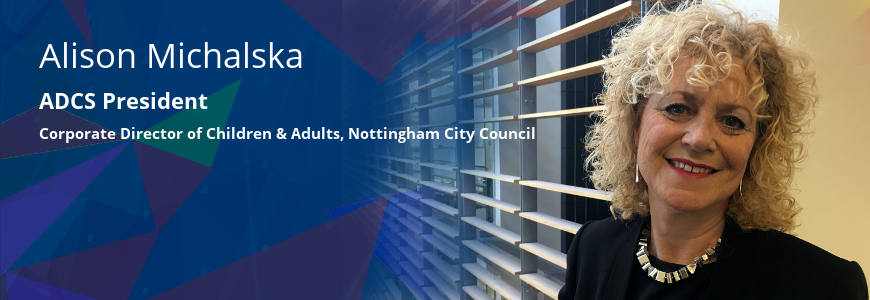
In my spare time, when I’m not doing the occasional bit of gardening, restoring a semi-derelict cottage or catching up with the latest episode of The Archers, I’m sometimes lucky enough to find a quiet spot to read the news. Over recent months many media reports have highlighted the challenges and ressures facing a growing number of children and their families today.
Most recently I have read reports of how government welfare reforms such as Universal Credit, which brings together a number of benefits into one single payment, are impacting negatively (albeit unintentionally) on some of the most economically fragile households. Some people are having to wait several weeks to receive their benefits which means that many children and families are being left destitute struggling to afford even the basics during this time, causing them unnecessary anxiety and uncertainty. In addition to this we know that four million children in this country are living in relative poverty, of which two thirds are from working households. The Institute of Fiscal Studies estimates that this figure will rise to five million over the next few years. These figures are staggering and raise questions for central government, not least why England is the only country in the UK without a child poverty reduction strategy, and how other government reforms are impacting on children and their families. Just last week ADCS published, ‘A country that works for all children’, exploring the impact of different initiatives and policies on children’s lives and outcomes, touching on child poverty, welfare reforms, the impact of austerity across the breadth of children’s services, including schools, and early help.
We hear more and more of parents struggling to feed their children, pay their rent and heat their homes, all things many of us take for granted. More families are relying on foodbanks and schools are running breakfast clubs, providing clothes and even sanitary towels to ensure that their pupils don’t go without. At the same time local authorities have had to scale back and, in some cases, close vital early help and preventative services such as children’s centres and youth services due to reducing council budgets and rising demand for our services. Now, when you consider all of these things together, on top of the rise of poor quality, unstable employment options, a stagnating economy and a housing crisis it is clear that this is not a country that is working for all of its children (or their families).
But I don’t want to be all doom and gloom. As Rachel Dickenson, Chair of the ADCS Yorkshire and Humber region and DCS, Barnsley Metropolitan Borough said in her blog a few weeks ago we have seen the strength of our communities in coming together to support vulnerable people in their local area, through supporting local foodbanks, for example, this makes a real difference to the lives of our most vulnerable children and families. We have also seen the strength of local government shine through finding new or different ways of working. And this week the government has announced that people will no longer be charged for using the Universal Credit helpline, this is welcome and will go some way towards helping the most vulnerable in our communities, but fundamental questions around Universal Credit remain. Let’s not forget the tireless, ceaseless work of staff and the impact of carers up and down the country who are making a difference to the lives of many children and young people. Just yesterday I read an article in the Guardian by a care leaver talking about her experiences of the care system and how her foster parents gave her a happy home.
So, as I sit in a quiet corner catching up with the latest news, amidst all of the media reports one thing stands out for me – where parents are struggling to afford their rent or buy food for their family the country is not working for their children. Where foodbanks are running out of food because so many families are at crisis point – this country is not working for those families. Where schools are having to buy clothes and sanitary towels for their pupils – the country is not working for those pupils. Our policy paper, taken together with the LGA’s seven clear priorities for children’s social care, sets out a clear way forward to improve services and improve outcomes for our children and families. Government must heed these messages and the autumn Budget is the perfect opportunity to reaffirm a commitment to improving the lives of children, young people and their families.
Related Blog Articles
It’s International Youth Day this Saturday (12th August), a day dedicated to...
In General
Completing this blog has been one of my final acts as President before handing...
In General
Earlier this week I spoke at the Youth Justice Convention 2019 in Birmingham. I...
In Youth Justice & Secure Estate
The devastating loss of our friend, colleague and ADCS Past President Dave Hill...
In General
‘Britain faces a social mobility emergency’, these were the words of Justine...
In General
If this pandemic has done one thing, it has allowed us the opportunity to...
In General
As Director of Children’s Services (DCS) for one of the 75 areas eligible for...
In Early Help & Families
Autumn is always a busy time for local authorities. Budget setting season is in...
In General
As Spring elections approach, in the North East region we prepare for the birth...
In General
As directors of children’s services there is a temptation to look at our...
In Inspection & Improvement
One of my main priorities as ADCS President is to put a larger spotlight on the...
In Early Help & Families
I continue to be amazed by the extraordinary efforts of the staff working in...
In Safeguarding & Child Protection
As a professional community we have been regularly sharing our experiences of...
In General
Directors of children’s services are constantly thinking about how we can...


